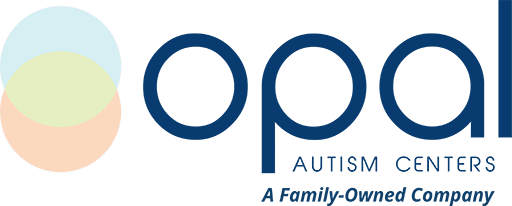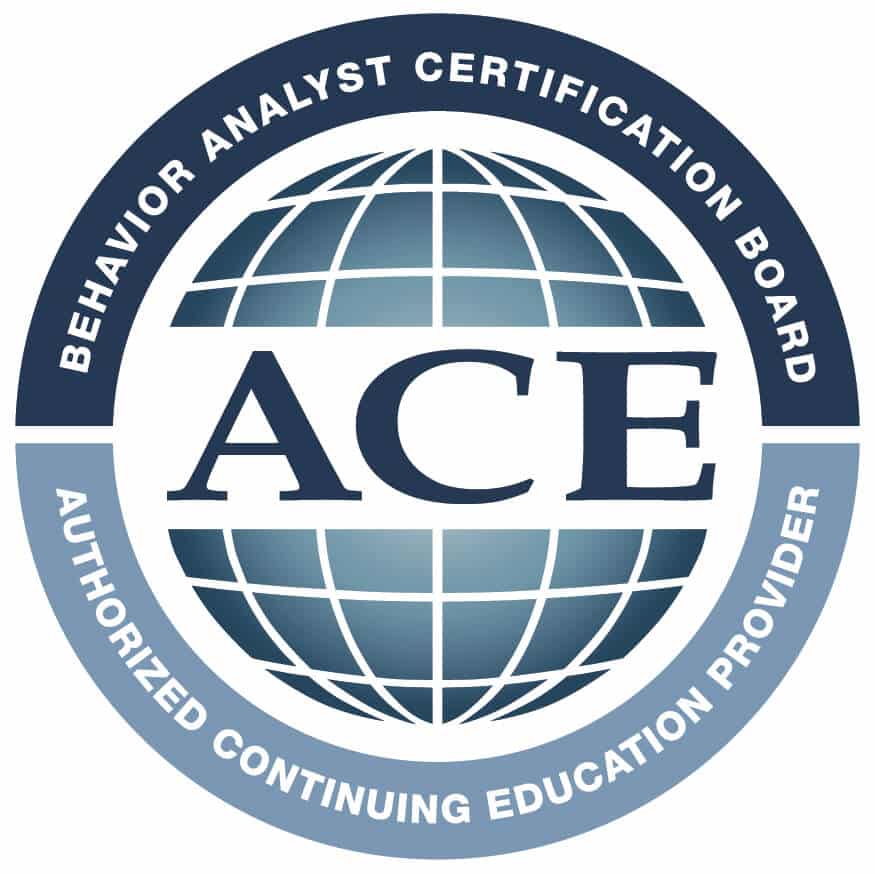If you’re a parent, caregiver, or educator of a child with autism, you need to understand the power of early intervention for children with autism. A child’s developmental journey may be totally changed by providing what they need at the right moment, enabling them to acquire lifelong abilities. A kid has more possibilities to develop social, cognitive, and communicative abilities the earlier they receive structured help. For children with autism, early intervention is not only beneficial but also necessary.
In this article, we’ll explore why early intervention is so important, what it involves, and how you can take action to ensure your child gets the best possible start.
What is Early Intervention for Children with Autism?
The term “early intervention” describes a variety of therapies and support services meant to help young children, usually those under five, acquire critical life skills. Although every kid with autism is unique, common issues include trouble regulating behavior, social engagement, and communication.
At this stage, a child’s brain is highly adaptable and capable of making significant developmental leaps. Early intervention for children with autism provides structured, tailored therapies to help children build foundational skills when their brains are most receptive to learning.
The earlier a child starts receiving intervention, the better their long-term results. Many children who get early intervention make tremendous improvements, and some require less care as they age.
Key Benefits of Early Intervention for Children with Autism
Early intervention for children with autism lays the foundation for lifelong growth. Here are some of its most important benefits:
Improves Communication Skills
Many children with autism struggle with speech-language development. Some may have delayed speech, while others might be nonverbal. Early intervention for children with autism incorporates speech therapy and alternative communication methods such as sign language, picture-based communication, or assistive technology.
The ability to communicate effectively reduces frustration, fosters independence, and enhances a child’s ability to interact with others. By addressing communication challenges early, children gain the tools they need to express themselves and understand the world around them.
Enhances Social Skills
Social interaction can be challenging for kids with autism. They might not be able to follow eye contact, understand social cues, or engage in group activities. Children with autism benefit from regular social skills training as part of early intervention, which enables them to interact with their teachers, peers, and family.
Play-based learning, role-playing, and guided interactions help the children acquire critical social skills that aid in relationship building. These focused therapies help them gain confidence and participate more easily in everyday activities.
Boosts Cognitive and Learning Abilities
Early intervention can greatly benefit cognitive development in children with autism. With the support of structured learning programs, sensory integration treatments, and behavioral interventions, children acquire new ideas, become more focused, and develop their problem-solving abilities.
Early intervention helps establish the groundwork for long-term academic achievement and self-directed learning by involving kids in specially designed learning experiences.
Encourages Emotional and Behavioral Regulation
Children with autism often experience challenges with emotional regulation and behavioral control. They may struggle with sensory overload, frustration, or anxiety. Early intervention for children with autism introduces coping strategies that help children manage emotions, reduce meltdowns, and develop self-soothing techniques.
Children learn how to better handle sensory input, transitions, and social settings through occupational therapy, behavioral treatments, and organized routines. As a result, they develop increased emotional stability and independence.
Increases Independence and Life Skills
One of the main objectives of early intervention for kids with autism is the development of vital life skills. These include self-care practices, problem-solving techniques, and effective communication. The sooner these abilities are taught, the more ingrained they become in a child’s everyday life.
How to Access Early Intervention for Children with Autism
If you’re wondering where to start, the first step is obtaining an early diagnosis. Pediatricians, developmental specialists, and autism professionals can evaluate your child and recommend appropriate intervention programs.
There are many resources available, including:
- Speech and Language Therapy – helps with verbal and non-verbal communication
- Applied Behavior Analysis – A structured approach to improving behavior and learning
- Occupational Therapy– Focuses on sensory processing and daily life skills
- Physical Therapy– Supports motor skills and coordination
Local support groups, school programs, and specialist therapy institutes can all provide early intervention for children with autism. Many government initiatives and charity groups give services and financial aid to families in need.
Why You Should Act Now
Time is critical. The earlier a child receives early intervention for children with autism, the more impactful the results can be. Delaying intervention means missing out on crucial developmental windows where children are most responsive to learning.
Parents who have pursued early intervention often report dramatic improvements in their child’s ability to communicate, engage socially, and navigate the world with greater ease. By acting early, you give your child the best chance to reach their full potential.
Wrapping Up: Early Intervention for Children with Autism
One of the most effective strategies for promoting the development of kids, particularly those with autism, is early intervention. It enhances social skills, communication, cognitive function, emotional control, and general independence.
If you think your child may benefit from such intervention, don’t wait. Seek professional guidance, explore therapy options, and take the first step toward unlocking your child’s potential. The sooner you start, the greater the impact – and every step forward is a step toward a brighter future for your child. Connect with experts to begin the journey today!







